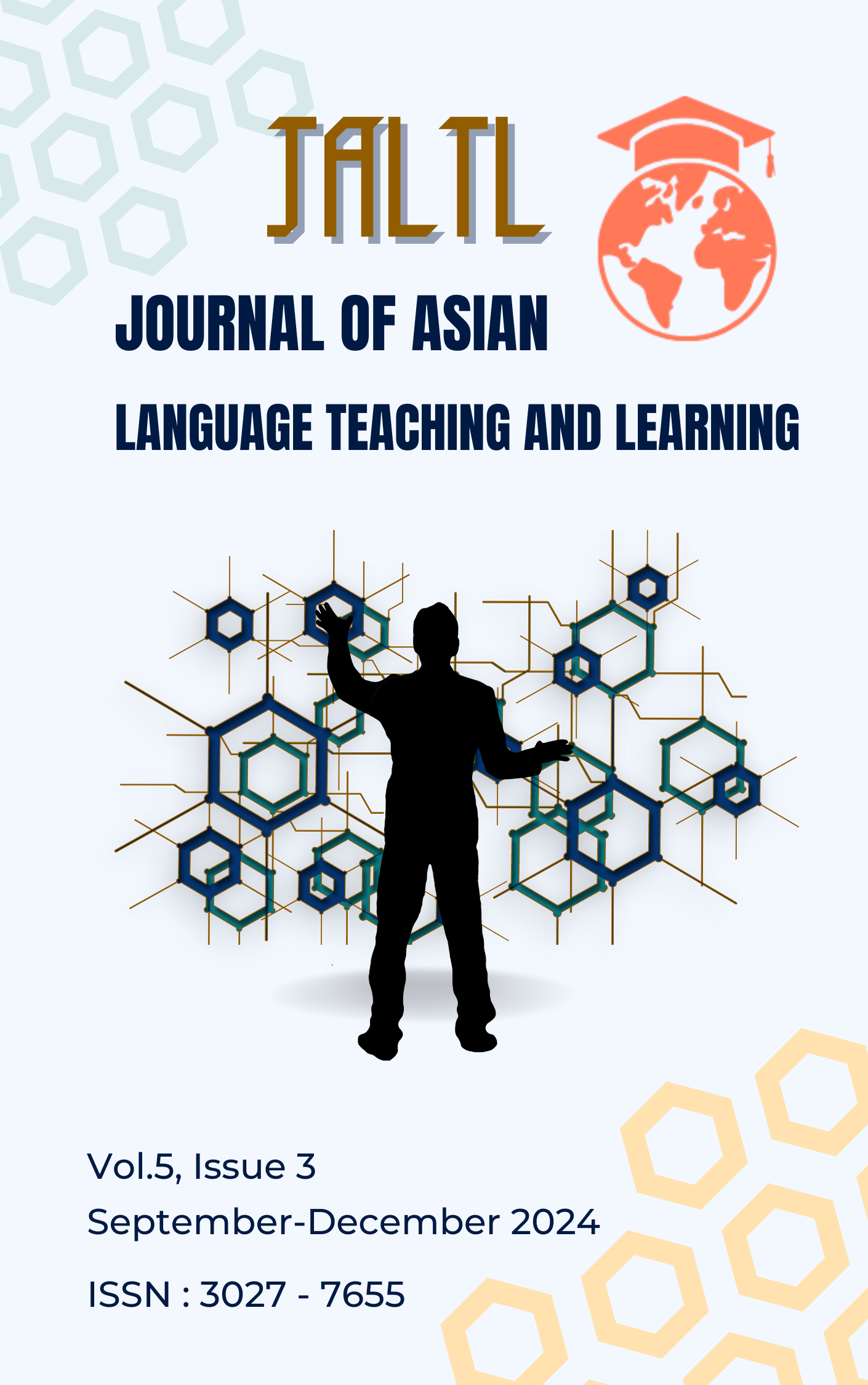Revolutionizing Learning: The Transformative Role of Technology in Modern Education
Main Article Content
Abstract
Technology is the foundation of civilizations, arts, and sciences, profoundly transforming the way we live, work, and learn. It has had a significant impact on every aspect of life, automating tasks, simplifying complex processes, and greatly improving efficiency and quality of life. Undoubtedly, technology plays a crucial role in all areas of modern life. In education, technology has revolutionized teaching and learning, particularly in the aftermath of the COVID-19 pandemic. From interactive platforms to virtual classrooms, it has made knowledge more accessible, engaging, and enjoyable for both teachers and students. The integration of tools such as computers and online resources has redefined the educational experience, empowering educators to deliver content effectively and enabling students to acquire knowledge with greater ease. Thoughtful implementation of technology in education continues to open new possibilities, enriching the learning journey and shaping a brighter future for the next generations.
Article Details

This work is licensed under a Creative Commons Attribution-NonCommercial-NoDerivatives 4.0 International License.
References
Brey, C. D., Zhang, A., and Duffy, S. (2021). Digest of Education Statistics. Retrieved from: https://nces.ed.gov
Butler, D., & Sellbom, M. (2002). Faculty perceptions of instructional technology: The impact of technology on teaching and learning. Educational Technology Research and Development, 50(4), 53-63.
Carstens, K. J. (2021). Effects of technology on Student Learning. The Turkish Online Journal of Educational Technology, 20(1), 105-113.
Digital Habits and Academic Performance Journal. (2022). The Impact of Texting and Online Distractions on Student Performance. Retrieved from: https://www.digitalhabitsandacademics.org
Educational Integrity Review. (2021). Rise in Academic Dishonesty: The Role of Technology in Modern Cheating Practices. Retrieved from: https://www.educationalintegrityreview.org
Educational Technology and Society. (2021). The Impact of Technology on Students' Creativity and Critical Thinking. Retrieved from: https://www.edtechsociety.org
Educational Technology Research and Development. (2022). "The Role of Technology in Enhancing Student Engagement." Educational Technology Research and Development, 70(4), 98
Grégoire, J., Muirhead, B., & Holmes, G. (1996). Collaborative learning in a technological environment: A case study of the use of computers in schools. Journal of Educational Technology, 34(4), 207-215.
Gressard, C. P., & Loyd, B. H. (1985). Age and staff development experience with computers as factors affecting teacher attitudes toward computers. School Science and Mathematics, 85(3), 203-209.
Purdue University. (2020). How technology is transforming education: A comprehensive look. Retrieved from: https://www.purdue.edu/online/technology-education-transformation
Smith, J., & Lee, A. (2021). The impact of real-time feedback in digital learning tools on student outcomes. Journal of Educational Technology, 45(3), 245-259.
The Wall Street Journal. (2021, September 25). The debate over technology in classrooms: Are screens helping or distracting students?. Retrieved from: https://www.wsj.com/articles/screen-time-in-schools
Tinio, V. L. (2002). Information and communication technology in education. United Nations Development Programme (UNDP). Retrieved from: http://www.undp.org.ph
UNESCO. (2021). The role of digital resources in narrowing the global education gap. Retrieved from: https://www.unesco.org/en/digital-education
Zhongying Shi. (2023). Challenges and changes: Education and learning in the digital era. Journal of Educational Technology Development and Exchange (JETDE), 16(2),
-2. https://doi.org/10.18785/jetde.1602.10
K School. (n.d.). The Role of the Internet in Modern Education. Retrieved from: https://www.21kschool.com


